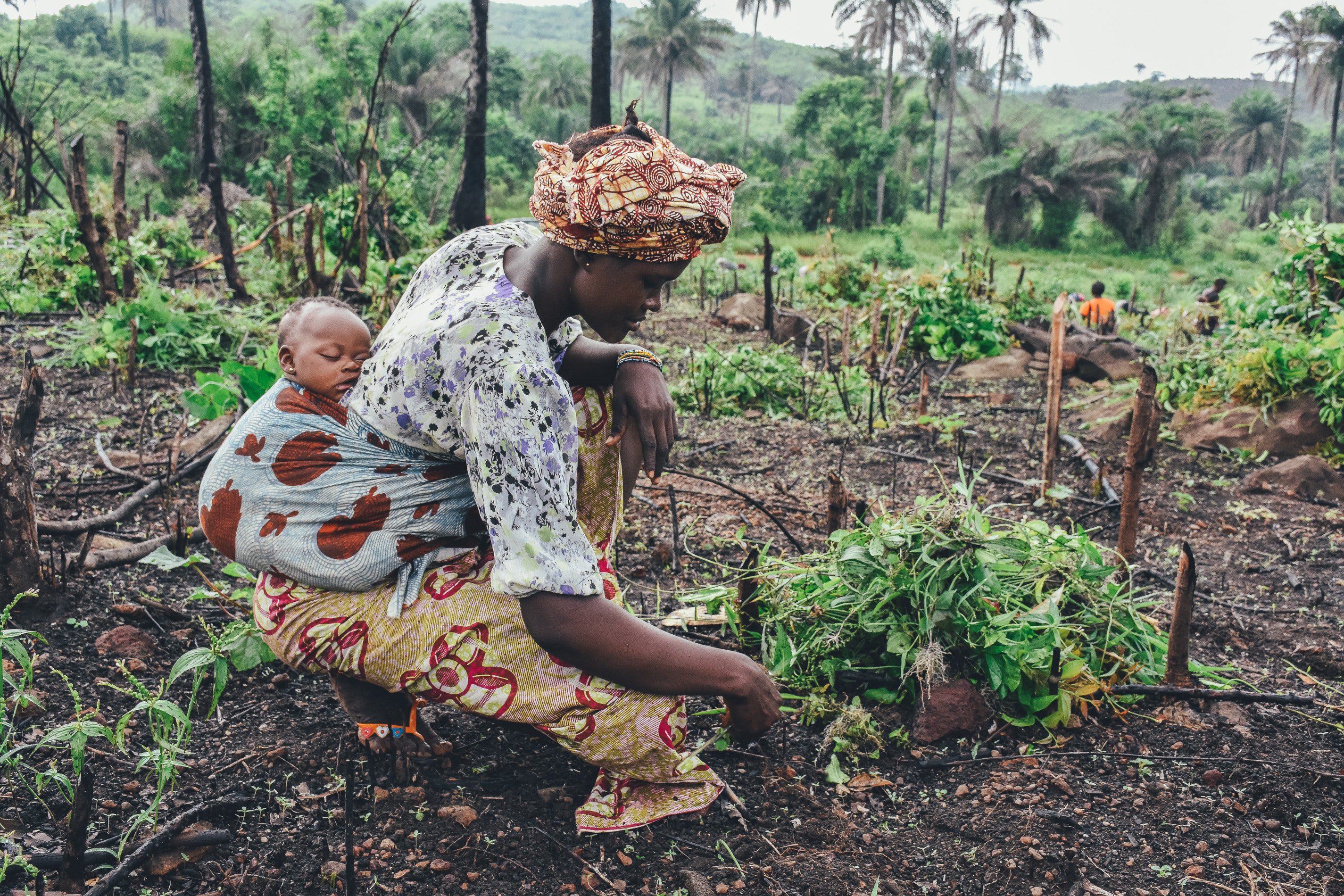The whole world is worried about Africa, and with good reason. Late last year the International Monetary Fund and the World Bank approved a $34 billion debt relief package for 22 of what they classify as “heavily indebted poor countries”; 18 of them are in Africa. Secretary of State Colin Powell has said Africa will be a priority for him. The leading industrialized nations, the G-7, are putting together a multibillion-dollar fund to fight AIDS and other infectious diseases that are endemic in Africa.
Sub-Saharan Africa is beset with so many problems that the mind boggles. The average income per capita (excluding South Africa) is $315, lower than it was in 1960, inflation-adjusted. Africa’s total income, for a population more than twice that of the U.S., is not much more than Belgium’s. The median gross domestic product per African country is $2 billion. That’s equal to the output of a town of 60,000 in a rich country.
Africa’s share of world trade has fallen to less than 2%. Instead of being trade-dependent, Africa has become aid dependent, with net transfers from foreign assistance averaging 9% of gross domestic product. The capacity of the region’s governments to deliver basic services-public safety, clean water, health, and schooling-has deteriorated dramatically. It was true a generation ago, and it is just as true today: Many governments in Africa are corrupt and incompetent.
The economic growth required to keep the number of poor from rising is 5% annually. Attaining that growth target will be enormously hard because of a demographic weakness that is harming productivity, earnings, and savings. It’s mirrored in the soaring dependency ratio, which is the population of children and elderly divided by the population of active workers. That’s because, all over Africa, workers in their prime productive years are struck down by AIDS and other illnesses.
There is no debate about how horrible these problems are. There is much debate about their root causes. I would like to nominate one cause that is overlooked by the great majority of people who consider themselves humanitarians: a lack of property rights.
If Africans can’t be assured of owning land or goods, they can’t have functioning economies. With brigands able to grab anything in sight, there’s no incentive to produce material goods or to build a future.
All too often in Africa, people can’t even be assured of owning their own bodies. Child slavery is common, particularly in West Africa, where youngsters are routinely shipped off to the Middle East to work as unpaid laborers. Many more are sold into bondage at home. Although accurate figures are hard to come by, the International Labor Organization estimates that 80 million African children between the ages of 5 and 14 work as slaves.
The bloody legacy of Africa’s ongoing wars stems from conflicts over resources. Consider that 20% of Africans are directly affected by civil wars that have resulted in 3.3 million refugees and countless deaths.
Humanitarians usually assume that African wars are motivated by political, ethnic or religious differences. But the Development Research Group at the World Bank has a very different take. It studied 47 civil wars occurring between 1960 and 1999. Countries with natural resources and ill-protected property rights are most subject to looting by rebel groups. One brutal example is the war being waged over control of diamond mines in Sierra Leone.
Less dramatic, but every bit as devastating to an economy is capital flight. No other place on the globe loses such a large portion of its indigenous capital as Africa. If your property is not safe, you take the money and run. So Africans park 40% of their wealth outside the region. That leaves too little capital available for investment at home. The sad result is that, absent some enormous reforms, Africa is doomed to continue its downward spiral.
Without sound property rights, the billions of dollars being ginned up to save Africa promises to be money down the drain. Good feelings and foreign aid will not work. The only cure is to install the basic concept of ownership in African economies.
This article appeared in Forbes on May 28, 2001.

